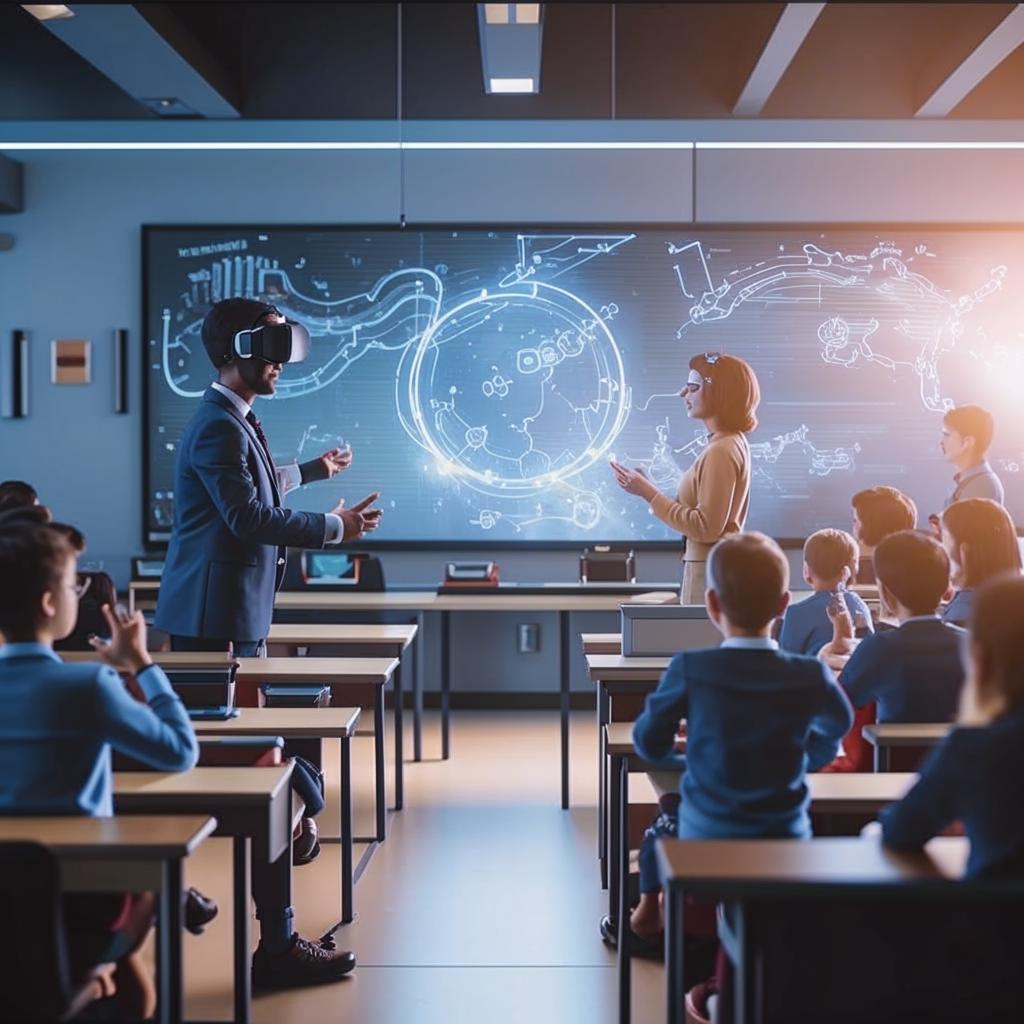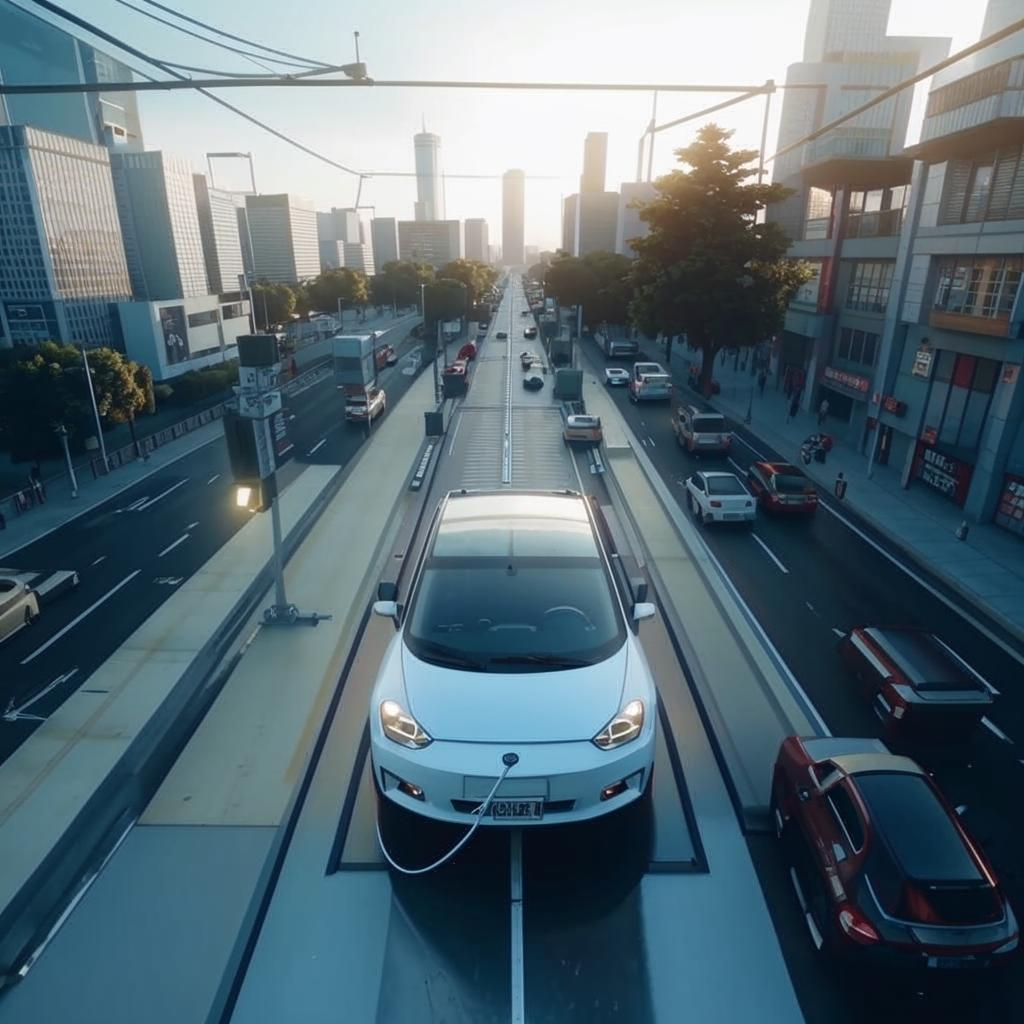AI is rapidly infiltrating classrooms, offering personalized learning experiences and automating administrative tasks. Educational institutions are increasingly exploring AI-powered tools, from intelligent tutoring systems that adapt to individual student needs to automated grading software that saves teachers time. The promise is a more efficient and effective learning environment, tailored to each student’s unique pace and style.
However, concerns remain. The potential for bias in algorithms, the ethical implications of data collection, and the risk of over-reliance on technology are all valid points of discussion. Some educators worry about the potential displacement of teachers, arguing that AI cannot replicate the human connection and nuanced understanding that a skilled teacher brings to the classroom. Others question the impact on critical thinking skills if students become overly dependent on AI for answers.
The integration of AI in education requires a thoughtful and balanced approach. It’s crucial to develop policies that address data privacy, ensure equitable access to technology, and provide teachers with the training and support they need to effectively utilize AI tools. The goal should be to augment and enhance the learning experience, not to replace the vital role of educators. A collaborative effort involving educators, policymakers, and technology developers is essential to harness the full potential of AI while mitigating its risks, paving the way for a future where AI and human expertise work together to create a better educational landscape.















